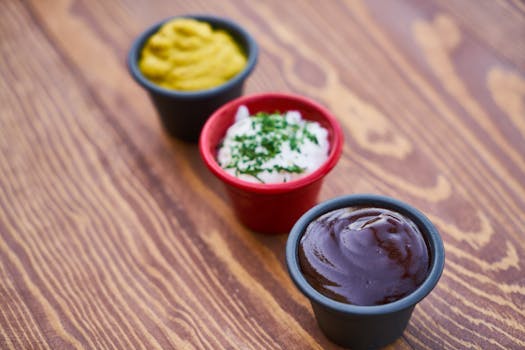It can be alarming to see your dog vomiting yellow bile. As a pet parent, you want to understand why this happens and how to help your furry friend feel better. While occasional bile vomiting isn’t uncommon, it can also signal an underlying issue that needs attention. Let’s break down what you need to know about this condition and what steps to take.
⚠️ What to Watch For
Bile is a yellow or greenish fluid produced by the liver to aid digestion. When a dog vomits bile, it often appears foamy or watery, and it typically occurs on an empty stomach, such as in the morning or late at night. Here are some signs to watch for:
- Yellow or greenish liquid in vomit
- Vomiting on an empty stomach (e.g., first thing in the morning)
- Decreased appetite or reluctance to eat
- Signs of nausea, like lip-licking or excessive drooling
- Lethargy or changes in energy levels
While occasional vomiting of bile may not be an emergency, frequent episodes or additional symptoms like diarrhea, blood in vomit, or severe lethargy warrant immediate veterinary attention.
🔍 Possible Causes
There are several potential reasons why your dog might vomit bile. Some are harmless, while others may indicate a health problem. Here are the most common causes:
- Empty stomach: When a dog goes too long without eating, bile can build up in the stomach, leading to vomiting.
- Dietary issues: Fatty, spicy, or spoiled food can irritate a dog’s digestive system, causing bile vomiting.
- Bilious vomiting syndrome: This condition occurs when bile irritates the stomach lining, particularly in dogs who eat only once a day or have irregular feeding schedules.
- Gastrointestinal disorders: Issues like gastritis, pancreatitis, or intestinal blockages can lead to bile vomiting.
- Allergies or intolerances: Certain foods may not agree with your dog’s stomach, causing digestive upset.
- Parasites: Intestinal worms can irritate the digestive tract and cause vomiting.
- Stress or anxiety: Emotional distress can sometimes manifest as nausea and vomiting in dogs.
It’s essential to monitor your dog’s symptoms and consult with a veterinarian if vomiting persists or worsens.
✅ What You Can Do at Home
If your dog vomits bile occasionally and appears otherwise healthy, there are steps you can take to manage the issue at home. Here’s how you can help:
- Adjust feeding schedules: Offer smaller, more frequent meals throughout the day to prevent an empty stomach.
- Choose easily digestible food: Opt for a bland diet like boiled chicken and rice for a day or two to soothe your dog’s stomach.
- Keep your dog hydrated: Vomiting can lead to dehydration, so ensure your dog has access to fresh water. You can also offer ice cubes if your dog is reluctant to drink.
- Use an elevated feeder: For dogs prone to regurgitation, raising their food and water bowls can aid digestion.
- Eliminate potential irritants: Remove access to fatty, spicy, or spoiled foods, and avoid sudden changes to your dog’s diet.
If symptoms improve after these adjustments, your dog may simply be sensitive to an empty stomach or certain foods. However, persistent vomiting or additional symptoms like weight loss or diarrhea should not be ignored.
💡 When to Call a Vet
While occasional vomiting of bile can be managed at home, there are situations where veterinary care is essential. Contact your vet if you notice any of the following:
- Frequent or severe vomiting (more than once a day)
- Vomiting accompanied by diarrhea, lethargy, or fever
- Blood in vomit or stool
- Signs of pain, such as whining, restlessness, or a hunched posture
- Unexplained weight loss or loss of appetite
- Swollen abdomen or difficulty breathing
Your vet may recommend diagnostic tests, such as blood work, x-rays, or an ultrasound, to determine the underlying cause. Treatment will depend on the diagnosis and may include medications, dietary changes, or other interventions.
FAQs
Q: Is it normal for dogs to vomit bile occasionally?
A: Yes, occasional bile vomiting can happen, especially if your dog has an empty stomach. However, frequent episodes should be evaluated by a vet.
Q: Can I give my dog medication for vomiting?
A: Only give medications prescribed by your veterinarian. Over-the-counter human medications can be harmful to dogs.
Q: What should I feed my dog after vomiting bile?
A: A bland diet, such as boiled chicken and rice, can help soothe your dog’s stomach. Gradually transition back to their regular food after a day or two.
Book a $49 online vet consultation at https://www.dialavet.com for fast, expert advice.























